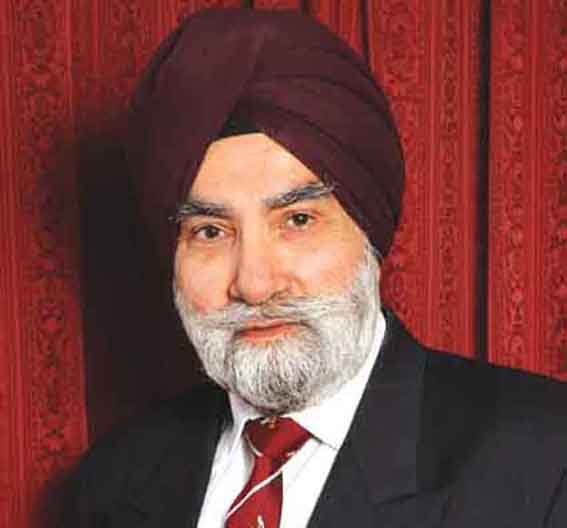Indian Government Caught Between World Trade Organisation Rules and Minimum Support Price for Farm Produce

In 1986, I was working for a UK department at GATT (General Agreement on Tariffs and Trade) at Geneva during the early stages of the Uruguay Round. After that, GATT was replaced by the World Trade Organisation (WTO) in 1995. It is not too difficult to understand the just objections raised by Indian farmers to WTO membership of India from that year.
WTO deals with the rules of trade between nations to eliminate excessive subsidies. That means excessive government support for all products, including farm produce, traded between countries because it distorts international trade and gives unfair advantage to those who receive such support. That is the underlying principle.
WTO has 164 member countries which represent 98% of world trade. The organisation provides a framework for negotiating trade agreements, which usually aim to reduce or eliminate tariffs, quotas, and other restrictions. The agreements are signed by representatives of member governments and ratified by their legislatures.
The underlying principle of the World Trade Organisation (WTO) is to create a level playing field in world trade so that poorer countries are not exploited and all countries benefit as a result. Therefore, very simply, Minimum Support Price (MSP) for farm produce is against WTO rules. Due to the very diverse situations of farmers in rich and poor countries, such general rules work against the interests of the small farmers in developing countries. In case of global farming, the income gap between farmers in rich and poor countries has widened. The farmers of countries like India, unable to move to alternative employment, have suffered most over the decades. Yet, the Cairns Group including Australia, Brazil and Canada, have complained against Indian farm support and that it distorts global food prices and is hurting food security of other countries.
The situation of the large scale, fully mechanised, Western farmers is very different from the small farmers of countries like India, where well over 50% of the population works in the farms or allied small businesses. Unlike the next generations of Western farmers, the children of Indian farmers have very few opportunities to move away from farming to other employment.
It is not surprising that Indian farmers are pressing for withdrawal from the WTO and that India should scrap all Free Trade Agreements (FTA).
There are price tags on all the things we buy from the shops. Yet, there is no assured price tag on what the farmer produces and takes to the market to sell. He takes all the risks regarding the weather and all the things he buys for his farm like fertilizers, farm machinery and fuel. He has no option but to pay the price if he is to remain in the farming. More so, if no alternative employment with dignity is available. He keeps on borrowing while the farm is running at a net loss for years. He is unable to repay the accumulated loans. So, thousands of proud ann dataas, those who feed the masses, are driven to suicide. That is what has been going on in India for decades while the large corporate dealers of farm products become richer.
Caught between farmer demands and the WTO rules, Indian government predicament needs understanding. However, what economic or political logic makes the present BJP-led Indian administration create a military type of confrontation between Panjab and Haryana, has baffled most neutral observers.
Gurmukh Singh OBE
Principal Civil Servant retd (UK)